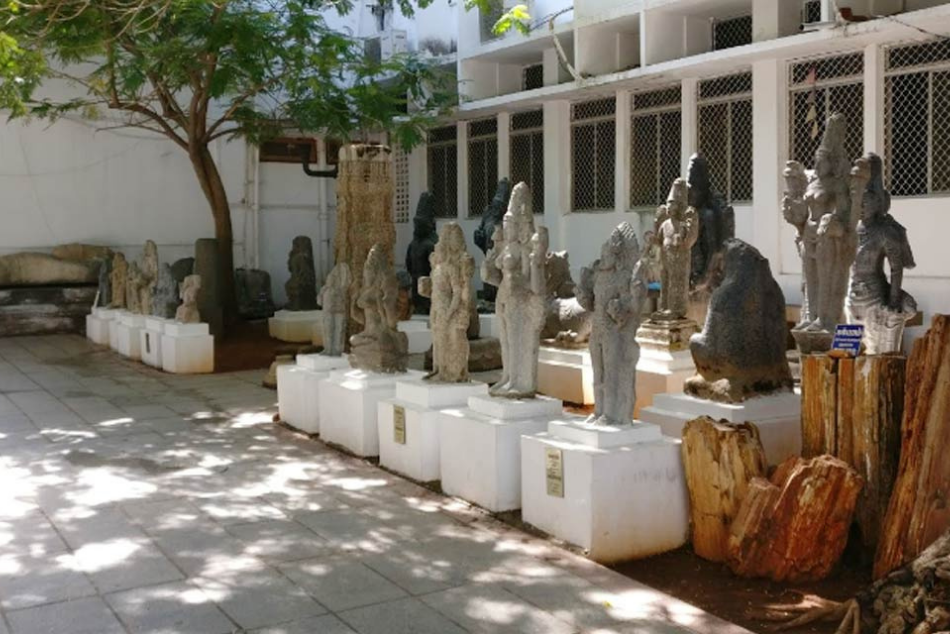More Places In Pondicherry
Sign In
Sign Up
Use the username and password that you specified when registering on the site
Sign Up
Sign In
Fill in the registration form and save your favorite tours, synchronize them on all devices
Forgot password?
Use the e-mail and password that you specified when registering on the site













FAQ
Q1 ) From where can I book the best trip to Pondicherry?
Ans Sea Water Sports Is the best. The official company will recommend visiting the Pondicherry, as it provides up to 50 % discount to all the visitors and travelers, so call or WhatsApp now on + 91 8291917770 for more details.
Q2. Are there any Places to Eat Near Pondicherry Museum?
Ans Yes, there are many places to Eat near the Pondicherry Museum like the Bull Restaurants, Villa Shanti, Bay of Buddha, and many more.
Q3. Are there any entry fees required for the tourist or visitors to visit the Pondicherry Museum?
Ans Yes, there is a certain amount charged for entering the Pondicherry Museum, like for children 5 INR per child, and for the Indian National citizens Rs. INR 10 and for the Foreign Nationals Citizens INR 50 Per person.
Q4. What is the distance from the Pondicherry bus stand to Pondicherry Museum?
Ans The distance from the Pondicherry bus stand to Pondicherry Museum is only 3 kilometers.
Q5. To whom is the Pondicherry Museum best Visited?
Ans The Pondicherry Museum is best visited by family, friends, couples, and all the loved ones with whom you want to explore the Pondicherry Museum.